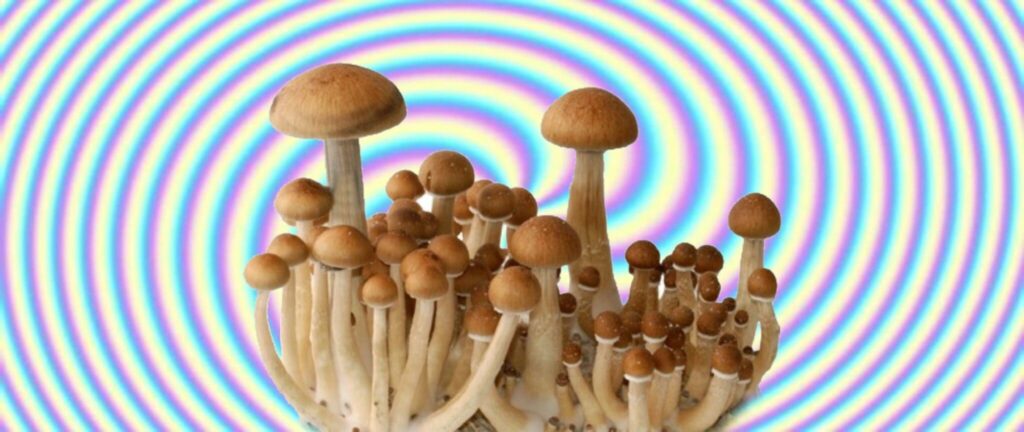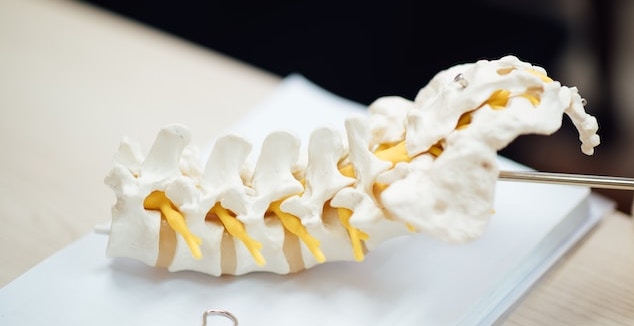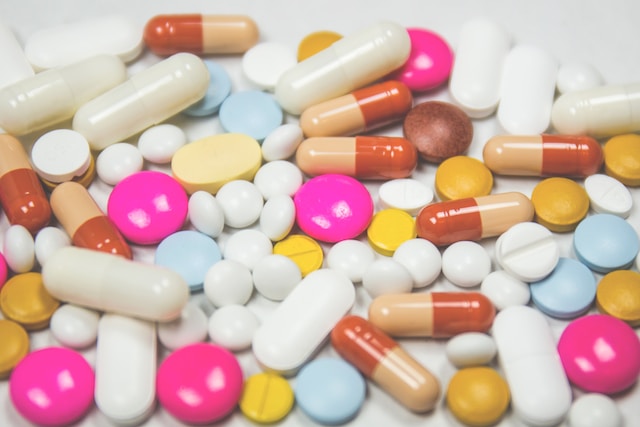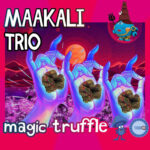At this point you may be thinking — OK, so what can’t psychedelics treat? And you’d be forgiven for wondering. But as wild as it sounds, it’s true; there is a growing area of research that has found these previously mistrusted substances to be a balm for physical pain, on top of their more publicized role as a treatment for psychological issues.
Psychedelics More Effective Than Conventional Medications
A new study, published August, in the all too aptly named European Journal of Pain found that doses of classic psychedelics — such as psilocybin, LSD, mescaline and DMT — were effective in treating chronic pain. In both macro and micro-doses these substances were found to lead to better pain relief compared with conventional medications. The survey consisted of 170 volunteers.
The paper summed up the results;
“Participants reported that full doses seem to achieve better perceived results in pain relief than microdosing, while microdosing’s effectiveness seems comparable to that of conventional medication according to survey participants.”.

Relieving Pain for Up to 3 Days or More
In the study the researchers focused on five conditions. These were arthritis, migraine, fibromyalgia, tension-type headache and sciatica.
In the survey, with the exception of sciatica, all of the other conditions (so 4 out of 5) were reported to be relieved by psychedelics. This was most effective on the dosage day, though also between 1 and 3 days later. A few surveyed even reported pain relief beyond the third day.
Psilocybin and LSD were the most commonly used drugs by the participants of the survey.
The question of why psychedelics were non-effective, or at least “statistically non-significant” on sciatica was pondered over by the researchers too. They wrote;
“This result may indicate that these substances hold promise only for certain kinds of pain conditions, presumably those in which the inflammatory and/or psychosomatic components play a more prominent role.”

Chronic Pain is a Huge Problem Globally
This reflects previous research and speculation that psychedelics can act as effective anti-inflammatory. In fact, this study echoes previous results of researchers studying the effects of psychedelics on chronic pain — a very promising sign! A whopping 20% of the world’s population suffer from chronic pain of some kind. Finding new ways to potentially treat this issue could be revolutionary. However, the authors did acknowledge some limitations of the study. The biggest was in the design of the study itself. The researchers noted;
“It provides purely retrospective self-ratings from a self-selected sample of individuals who self-administer psychedelics… This design carries the risk of obtaining biased data and the generalizability of the produced results is only limited. It provides limited information to disentangle the role that different mechanisms play to achieve these perceived analgesic effects.”
The authors also noted that this means that controlled studies are needed. For this, clinical trials must be designed to push the research further.

Microdosing Research Programme
This survey had been initiated by renowned psychedelic advocate Amanda Feilding, founder and director of the Beckley Foundation. It came after the establishment of The Beckley/Maastricht Psychedelic Research Programme. Excitingly, this program is dedicated to studying the effects of microdosing psychedelics on cognitive functions, mood, and pain management.
Previously, the program had carried out a placebo-controlled clinical study of 24 healthy volunteers. In this study, it was found that a 20 microgram dose of LSD could significantly reduce pain perception, compared to a placebo, during a ‘cold pressor test’. When the study was published, in 2020, Feilding said;
“The present data suggests low doses of LSD could constitute a useful pain management treatment option that is not only effective in patients but is also devoid of the problematic consequences associated with current mainstay drugs, such as opioids…“
“I am encouraged by these results as I have long believed that LSD may not only change the sensations of pain but also our subjective relationship with it. We must continue to explore this with the aim of providing safer, non-addictive alternatives to pain management, and to bring people in pain a step closer to living happier, healthier and fully expressed lives.”
There are numerous other pain-relief related trials recently completed, lined-up, or still in motion. MindMed is also currently exploring LSD for chronic pain. A recent study at Imperial College London found that nine out of eleven chronic pain sufferers reported total, or at least partial analgesia (or inability to feel pain) when self-medicating with psychedelics.
Bolstering the Psychedelic Cause
Additionally, the pain-confounding potential of psychedelics is also being used to bolster their campaign for legalization and decriminalization. For example, in California’s bid to decriminalize psychedelics, Joe Mackay, who had been a first responder during 9/11 came forward. Having suffered from PTSD and cluster headaches since the event, once retired he decided to try and heal himself using magic mushrooms. An advocate of the psychedelic cause, he wrote;
“For the first time in many years, I felt hopeful about my health. I stopped taking the cocktail of pills I had been prescribed, many of which caused damaging side effects and were addictive…Psilocybin also helped me get back in touch with my former, happy-go-lucky self – the Joe that my friends and family hadn’t seen since 9/11. It’s not an exaggeration to say that psilocybin gave me my life back. It’s been transformative, and allowed me to feel happiness and joy in a way I never thought I would again.”

Prioritizing Both Mental and Physical Health

Mental health is just as important as physical health; however, this concept is relatively new in the wider consciousness. There are still those who consider physical ailments more serious or worthy of care. Luckily, this is changing. Perhaps now psychedelics are showing themselves to be effective in the treatment of physical pain as well as mental health we will see an even larger increase of advocacy, benefiting both physical and mental health causes. Psychedelics, it seems, are the double-threat we’ve been waiting for…





